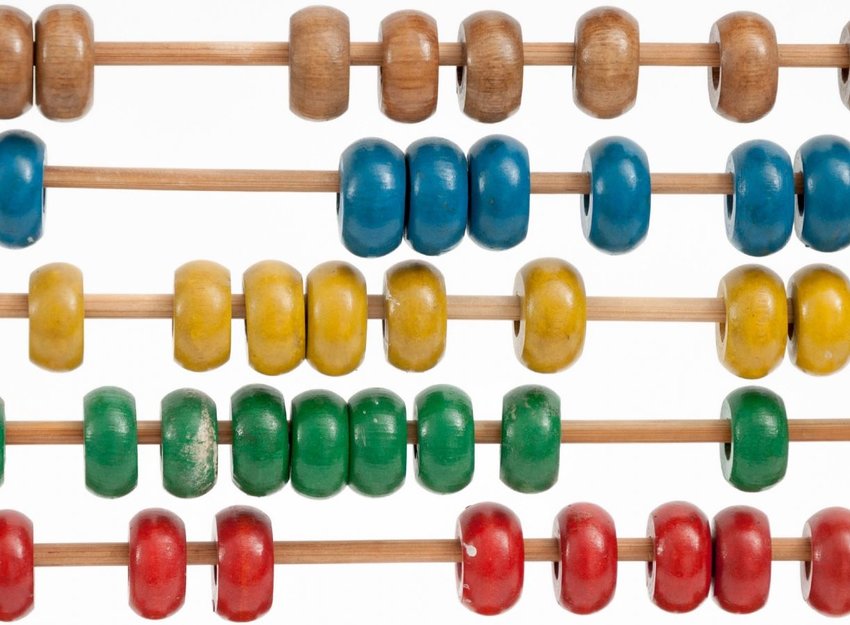A noun isn’t always a simple thing — it’s not just people, places, and things. There are proper nouns, common nouns, concrete nouns, and abstract nouns. Add to that, there are also mass nouns and count nouns.
The difference between mass nouns and count nouns is subtle, but makes sense in usage. It might help to think of them as countable (count) nouns and uncountable (mass) nouns. Either way, it all comes down to quantifiers.
Count Nouns
Count, or countable, nouns, are more straightforward than mass nouns. They can literally be counted with numbers. "One dog," "two turtle doves," "20 books."
Count nouns and mass nouns are where the fewer/less than debate comes into play. With count nouns, quantifiers such as "fewer," "several," and "many" apply — they pair with objects that can be counted in a tangible, measurable amount. "Less than" just means there is a smaller amount, but it doesn't specify the exact amount.
Even if the count noun is singular, it still needs a quantifier. “I have dog” doesn't make sense. Instead, it's “I have a dog,” or “I have one dog.” However, “I have dogs,” is also correct because the plural noun specifies the count noun.
Mass Nouns
Mass nouns, or uncountable nouns, imply there may be any, or an unknown, amount of that thing. For example, "water," "furniture," "time," "space," and anything else that can’t be specifically counted. The amount can be measured, such as the amount of water in liters, time in hours, space in feet, but it can’t be counted as "one water" or "five space."
Mass nouns cannot be turned into plurals. That’s because at any given time, they’re both singular and plural. You can compare the amount you have against another amount, but you can't count specifics. Mass nouns use quantifiers that don’t require a plural noun, or pair a count noun with the mass noun. For example, you can have "three glasses of water," "five pieces of furniture," or "a grain of rice," as opposed to "three waters," "five furnitures," and "a rice."
Sometimes quantifiers overlap. With quantifiers such as "some" or "a lot," they can be used for both countable and uncountable nouns and it’s totally fine. You may have "some water" that you give to "some dogs." Just remember, mass nouns are one collective entity, instead of count nouns with a bunch of smaller countable pieces.

